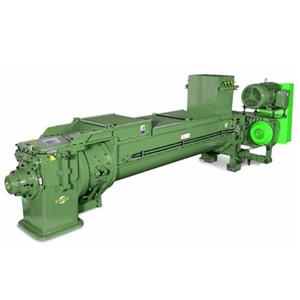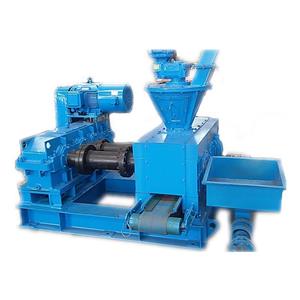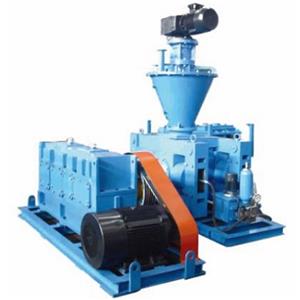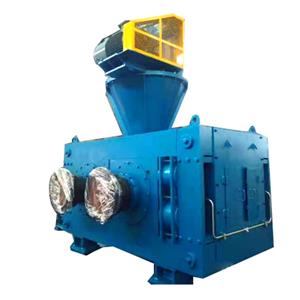Main application fields of sludge briquette machine
The compressive strength of different kinds of dried sludge briquette also has obvious differences with the different addition ratios. This product is generally used for the treatment of mine, wastewater sludge and medical sludge. The main reason is that the different composition of sludge itself will also cause the difference of its cohesiveness, which is generally manifested in the difference of water content, inorganic compound and component.
Organic components in medical sewage sludge mainly include: Proteins, sugars, lipids and a large number of reproductive bacteria and parasites, etc. The organic components of domestic wastewater sludge and brewery wastewater sludge contain not only proteins, sugars, bacteria and parasites, but also some fibrous organic compounds, among which brewery wastewater sludge has high content of fibrous organic compounds.
The research on the preparation of biomass briquette in Tsinghua University found that for long fibrous biomass, biomass forms a network skeleton in the briquette forming process. In a certain range, with the increase of screening, the fiber length increases, the crosslinking between biomass increases, and its forming rate increases. However, for granular biomass, there is basically no crosslinking between biomass, and it is difficult to form a reticular skeleton.
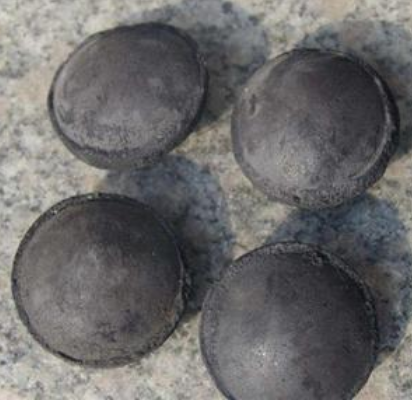
The compressive strength of briquette with dry sludge is greater than that with clay in a certain proportion of sludge briquetting equipment, so using dry sludge instead of dry soil as binder can improve the compressive strength of briquette. This is because the dried sludge contains a large number of inorganic salts, oxides and organic compound, such as protein, fat, polysaccharide and cellulose, etc. From the theory of organic chemical structure and chemical bonding, these substances have strong chemical bonding with coal and certain bonding property.
With the increase of briquette forming pressure, the compressive strength first increases and then decreases. The reason is that in a certain pressure range, biomass fiber can form a network skeleton in the briquette molding process. With the increase of molding pressure, the spacing of material particles decreases, the intermolecular force and hydrogen bonding increase, and also increases the compressive strength of briquette. However, when the pressure is too high, the coal particles will be crushed into powder, and the crosslinking between biomass will be weakened, which will reduce the compressive performance of briquette and enhance its compressive resistance.

